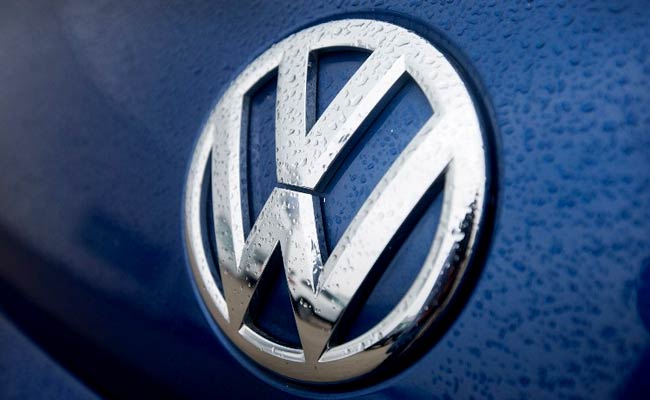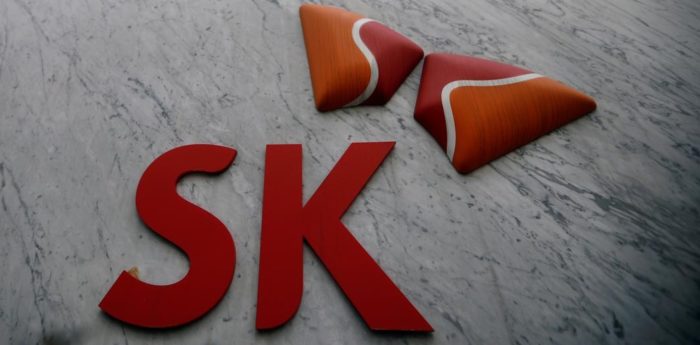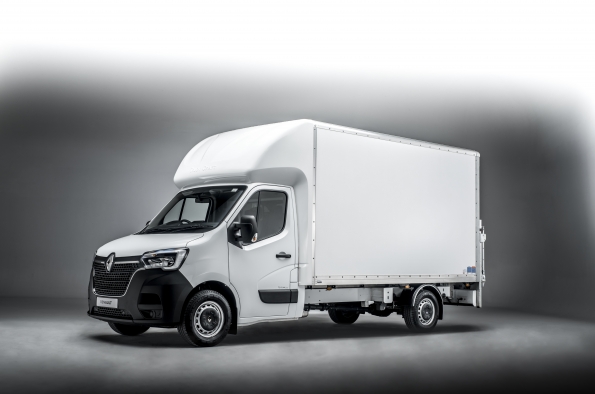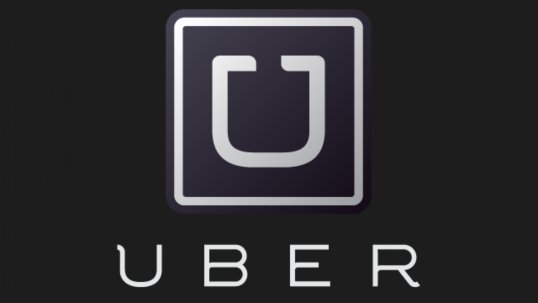Now Reading: Volkswagen warns South Korean battery row could create supply disruption
-
01
Volkswagen warns South Korean battery row could create supply disruption
Volkswagen warns South Korean battery row could create supply disruption

Volkswagen and Ford stated that a U.S. legal row between South Korean battery makers could create disruption in supplies of the major electric vehicle parts and cost U.S. jobs during the coronavirus crisis, according to documents filed to a U.S. trade panel.
The two automakers asked the United States International Trade Commission (ITC) to permit SK Innovation to produce batteries at its proposed U.S. factory located in Georgia for use in Ford’s fully electric F-150 and other electric cars.
In 2019, South Korean battery maker LG Chem took legal action against small rival SK Innovation over alleged trade secret theft in the United States, seeking to obstruct SK from producing battery cells in the U.S. and importing the components required to make the cells.
“Any remedial orders should seek to avoid collateral damage to SKI’s existing customers,” Volkswagen stated in its public interest comments to the ITC in May.
“To avoid a catastrophic supply disruption,” the commission should permit SK Innovation to produce EV batteries in the U.S. facility, Volkswagen stated in the May statement.
Ford stated that LG Chem’s assertion that it can take place of SK Innovation as a supplier is not “credible” since EV battery supply shortages and the long development period required for EVs.
LG Chem refused to comment due to ongoing litigation.
SK Innovation is constructing its first battery plant in Georgia to serve Volkswagen’s EV base in neighboring Tennessee beginning from 2022. SK Innovation also prepares to build a second U.S. plant to supply Ford’s electric pickup trucks and other models.
“The risk to such U.S. jobs is particularly unacceptable in light of current economic conditions caused by COVID-19,” Ford stated in its public interest comments to the ITC.
This year, the ITC preliminarily ruled in support of LG Chem, which came as a blow to SK Innovation. The ITC is going to make a final ruling in the case on October 5.
Stay Informed With the Latest & Most Important News
Previous Post
Next Post
-
 01Polestar Boss Says It’s Time To Outrun BMW M And Mercedes-AMG
01Polestar Boss Says It’s Time To Outrun BMW M And Mercedes-AMG -
 02Spy Shots: 2027 Mitsubishi Pajero Spotted in Testing Ahead of Possible U.S. Return
02Spy Shots: 2027 Mitsubishi Pajero Spotted in Testing Ahead of Possible U.S. Return -
 032026 Toyota Hilux EV: A Powerful Truck with Silent Torque
032026 Toyota Hilux EV: A Powerful Truck with Silent Torque -
![2027 Mercedes-Benz S-Class Debuts with V8 Engine [Photo Gallery]](https://speedlux.com/wp-content/uploads/2026/01/2027-Mercedes-Benz-S-Class-33-155x125.jpg) 042027 Mercedes-Benz S-Class Debuts with V8 Engine [Photo Gallery]
042027 Mercedes-Benz S-Class Debuts with V8 Engine [Photo Gallery] -
 052026 Corvette ZR1 Production Surges Past Expectations as Output Clears 1,000 Units
052026 Corvette ZR1 Production Surges Past Expectations as Output Clears 1,000 Units -
 06Spy Photos: VW ID. Polo GTI Goes Electric with 223 HP and 280 Miles of Range
06Spy Photos: VW ID. Polo GTI Goes Electric with 223 HP and 280 Miles of Range -
 07The Controversial Ford Voodoo V8 That Was Killed Off Too Early
07The Controversial Ford Voodoo V8 That Was Killed Off Too Early



![2027 Mercedes-Benz S-Class Debuts with V8 Engine [Photo Gallery]](https://speedlux.com/wp-content/uploads/2026/01/2027-Mercedes-Benz-S-Class-33-700x394.jpg)









































